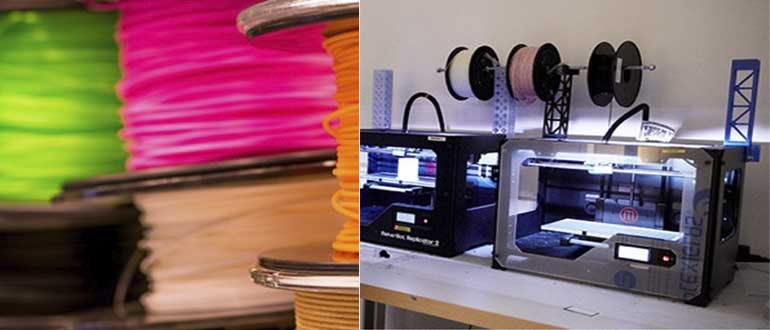Preferred student profile
Academic study field:
- M.Sc. in Mechanical/Civil/Aerospace Engineering
- M.Sc. in Material Science
- M.Sc. in Automation and Robotic
Required knowledge:
- Basic mechanical engineering: solid mechanics and/or material science
- Advanced knowledge of computational methods: finite element methods, linear and non-linear solvers
- Programming experience: C/C++ and/or MATLAB and/or python
Preferable knowledge:
- Composite materials
- Finite element and large deformation modeling
- 3D and 4D printing technology
Optional knowledge:
- Constitutive modeling of smart materials (Shape memory alloys/polymers, …)
- Hyperelastic and magnetic materials
- Lattice-based materials and structures
Description
The research of the 3D/4D printing research group consists of a wide collection of fields including additive manufacturing, smart materials, numerical modeling as well as optimization. 4D printing is the process through which a 3D printed object transforms itself into another structure over the influence of external energy input as temperature, light, or other environmental stimuli.
In this research, the effects of the 3D printer’s parameters and settings are studied on the mechanical properties. Then a manufacturing design principle will be developed to fabricate multifunctional structures using the controlled 3D/4D printing parameters. Special focus is placed on using shape memory and magnetic materials to fabricate active and optimized lightweight structures using FDM printers.
There is both theoretical and experimental research topic for the investigation of additive manufacturing, smart materials, constitutive modeling, finite element analysis, and structural analysis.
Students will focus on a specific research topic depending on their interests and background. The project will be related to ongoing research projects or in connection with new innovative project ideas.
Possible research topics include:
3D / 4D printing:
- Experimental study on effects of printers on material properties
- Developing manufacturing techniques
- Design and optimization of printer’s parameters
Constitutive modeling:
- Experimental study on new features of smart materials
- Developing thermomechanical model
- Material characterization and calibration
Numerical modeling:
- Integration of constitutive model in FEM software
- Extension of FE model for smart materials
- Develope other numerical theniques (mesh free, boundary element, …)
Structural analysis:
- Analysis of smart structures under thermomechanical loading
- Impact and dynamic loading
- Analysis of damage and failure mechanism
Possible applications include:
- Composite and sandwich structures
- Medical structures (bone, stents, implant, …)
- Sport equipment
- Soft robotics and active structures
- Energy absorbers and harvesters
- Sensors and acuators
- Lightweight aero structures
- Metamaterials and bio-inspired design
- Porous and functionally graded structures
- Smart and adaptive structures
The program is open at both levels, i.e., Ph.D. and M.Sc., and the students with relevant experiences and interests are most welcome. Typical duration could tentatively range from 6 to 12 months (upto 2 semesters) with start either February 1st or September 1st. However, it can be quite flexible depending upon the mutual agreement between both universities.
